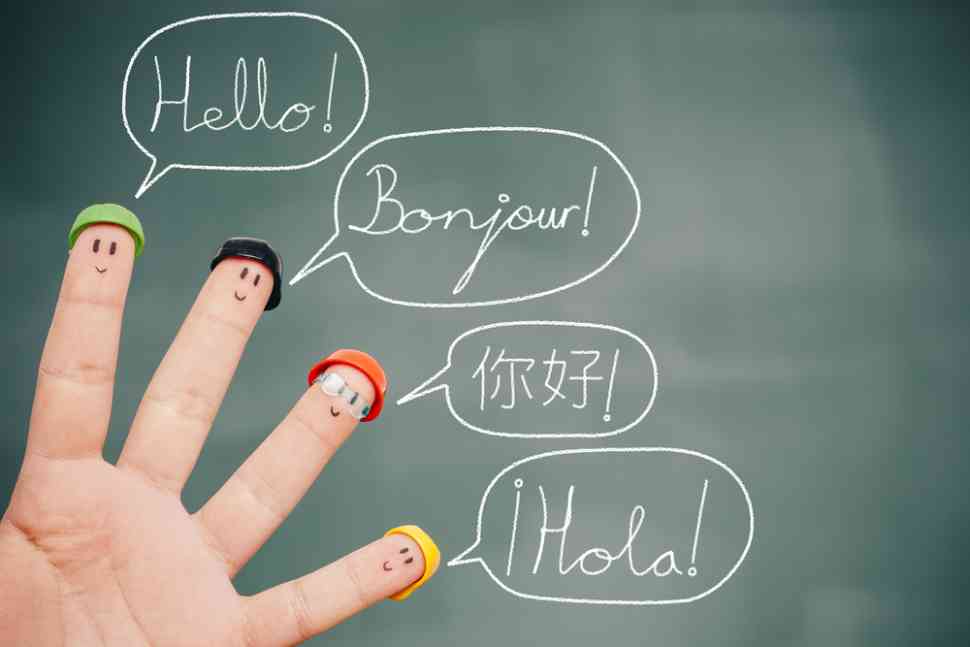Literature In Education And Its Important Role

The lesson of literature in education has always had ardent devotees from a portion of the pupils. But it also has students who have no interest in it or find it completely unnecessary. Those teachers who try to direct the students on the path of literature only sometimes find the expected response. This lesson could be a charming reading adventure during school, a time of pleasure and escape from hard reality.
On the contrary, many students mark it as an uninteresting lesson. Is it, not literature that is responsible for this, but the way it is taught? Does its treatment as a lesson in the narrow sense of the term and the standard answers lead to the absence of a meaningful relationship of the student with the paths of literature?
Literature and its special value in education
Literature at school does not fulfill its main role associated with reading pleasure. This goal is far from how it is treated in the school environment. The “magic” of literature has not been perceived correctly in most educational systems worldwide. Through the contact of literary texts, the imagination and critical thinking of the individual are cultivated. Different perspectives and thoughts are exchanged. Each reality is interpreted through a variety of types of texts. Through the texts, the person comes into contact with thoughts and feelings with which they feel connected or not. The student is puzzled or sensitized and acquires self-awareness.
Literature and history
In addition, it is an excellent opportunity to help students learn history. Many texts refer to historical events providing the student with a fun way to learn about history. Historical moments are approached in a different view allowing kids to feel excited about them. History and literature are supposed to be two different lessons in school since they are different topics. However, their connection is essential.
The best idea is to take advantage of the plenty of literature we have that includes historical events and include them in the lesson. These texts do not have to be included in the lesson of literature necessarily. They can be provided in the lesson history as long as they appear appealing to the students. If a student finds a text like that in the history lesson, they are more likely to get excited about it, while they may be completely bored if they find it in the literature lesson. Simple tricks like that can raise the student’s interest, who can find themselves absorbed by something they would never imagine would attract them.
The student’s relationship with literature
Therefore, the ultimate goal is for literature to attract the student’s interest rather than being treated as a course that will necessarily address only students who see themselves as university candidates for human studies. It is necessary that the student, when in contact with the literary text, improves their skill in interpreting the text in order to judge, think, and review the varied interpretations they can give.
Children and teenagers need to be in touch with literature to enjoy the texts-poems, short stories, and novels. These, in turn, will trigger the student’s dialogue with themselves and the world. Finally, through literature, they will cultivate one of the most basic mental functions: imagination.
Literature’s numerous benefits
Undoubtedly, teaching literature within the school is a challenge that requires a different educational approach, creativity, and inspiration. At the same time, it is a means that contributes decisively to the diverse culture of the receiver. It is a catalytic factor of psychological, cognitive, and social maturity. It contributes to the cultivation of aesthetic pleasure and, especially for the student, is a channel of contact with historical and social reality and life itself.
Have you read?
The Human Touch in Business: How Empathy and Personalization Drive Client Loyalty by Mariah Olson.
Interview with Dr. Dimitrios Salampasis.
How Podcasting Can Elevate Your Brand by Ryan Jenkins.
The Power of a Strong Online Presence: How Your Website Can Elevate Your Business by Efrat Vulfsons.
3 Ways Tech Is Transforming the Healthcare Industry by Rhett Power.
Add CEOWORLD magazine to your Google News feed.
Follow CEOWORLD magazine headlines on: Google News, LinkedIn, Twitter, and Facebook.
This report/news/ranking/statistics has been prepared only for general guidance on matters of interest and does not constitute professional advice. You should not act upon the information contained in this publication without obtaining specific professional advice. No representation or warranty (express or implied) is given as to the accuracy or completeness of the information contained in this publication, and, to the extent permitted by law, CEOWORLD magazine does not accept or assume any liability, responsibility or duty of care for any consequences of you or anyone else acting, or refraining to act, in reliance on the information contained in this publication or for any decision based on it.
Copyright 2024 The CEOWORLD magazine. All rights reserved. This material (and any extract from it) must not be copied, redistributed or placed on any website, without CEOWORLD magazine' prior written consent. For media queries, please contact: info@ceoworld.biz
SUBSCRIBE NEWSLETTER








